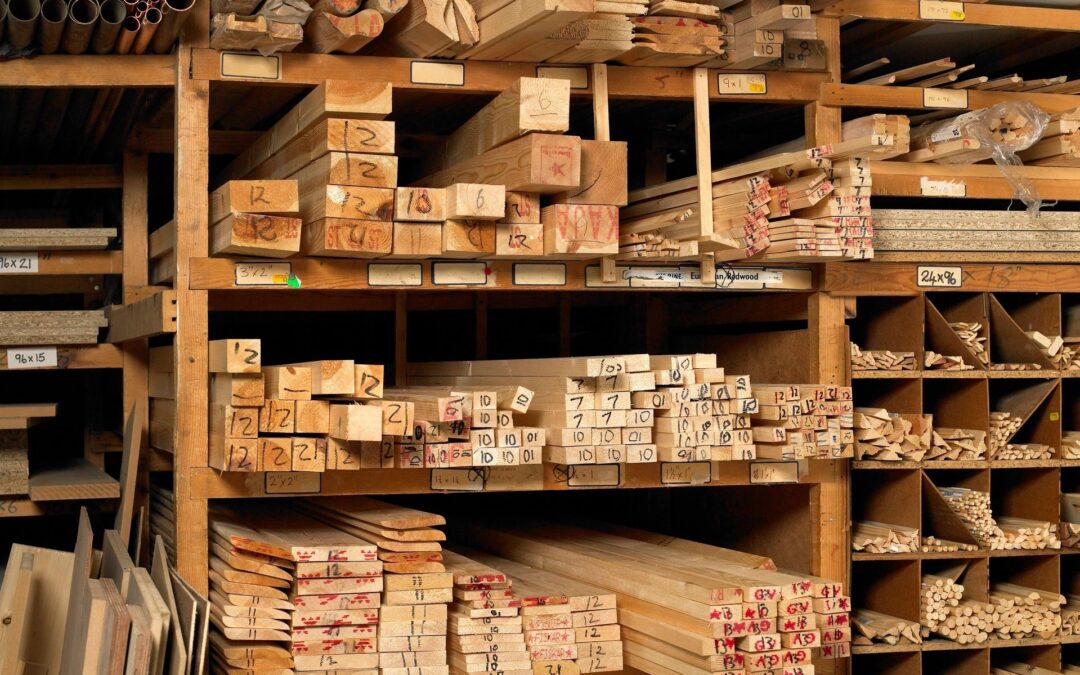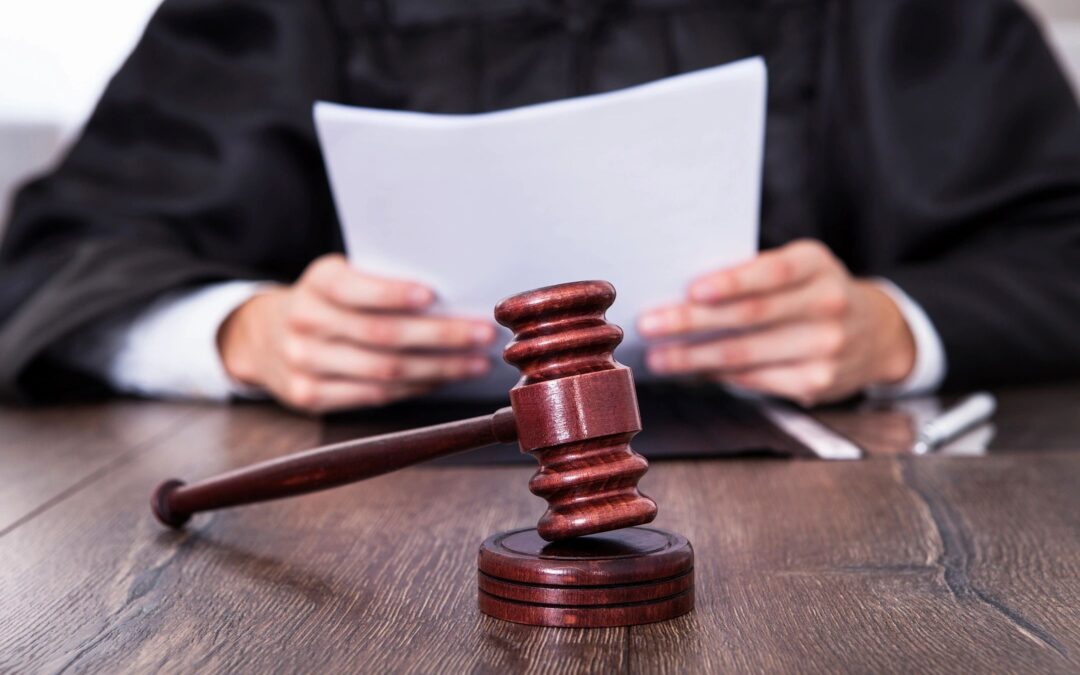
by Mike Lavine | Oct 21, 2025 | PTAB News, PTAB Trial Basics, Trial Institution
By Mike Lavine – On September 4, 2025, the USPTO’s Acting Director declined H2 Intellect LLC’s request for discretionary denial of an IPR petition filed by Home Depot U.S.A., Inc. Central to the decision was the PTAB’s analysis of “settled expectations”—the idea...

by Matthew Johnson | Oct 17, 2025 | District Court, PTAB News, PTAB Trial Basics, Trial Institution
By Matt Johnson – On October 17, Director Squires announced that he will assume responsibility for all post‑grant trial institution decisions. When the Director determines that a petition warrants institution, the matter will be assigned to a three‑judge APJ...

by Matthew Johnson | Oct 17, 2025 | District Court, Petitions, PTAB News, PTAB Trial Basics, Time Limits, Trial Institution
By Matt Johnson – On October 17th, the PTAB issued a Notice of Proposed Rulemaking regarding criteria for the Office to apply when making discretionary denial determinations. The proposed rule would: Require an IPR petitioner to file a stipulation not to pursue...

by Matthew Johnson | Oct 15, 2025 | 325(d) issues, PTAB News, PTAB Trial Basics, Trial Institution
By Adam Cook, Daniel Sloan, and Matt Johnson – Since the inception of the bifurcated review process at the PTAB, Jones Day has been analyzing every discretionary decision released by the Office. Deputy Director Coke Morgan Stewart continues to be the key...

by Matthew Johnson | Sep 16, 2025 | PTAB News, PTAB Trial Basics, Real Party in Interest, Trial Institution
By Sue Gerber and Matt Johnson – Under Section 315(b), an IPR may be dismissed as time barred “if the petition requesting the proceeding is filed more than 1 year after the date on which the petitioner, real party in interest, or privy of the petitioner is...

by Matthew Johnson | Sep 11, 2025 | PTAB News, Trial Institution
By Adam Cook and Matt Johnson – In a Director Review, the Acting Director reversed a panel decision to discretionarily deny an IPR under § 325(d). The Acting Director held that the PTAB’s own findings in two previous IPRs sufficiently proved Examiner error...







